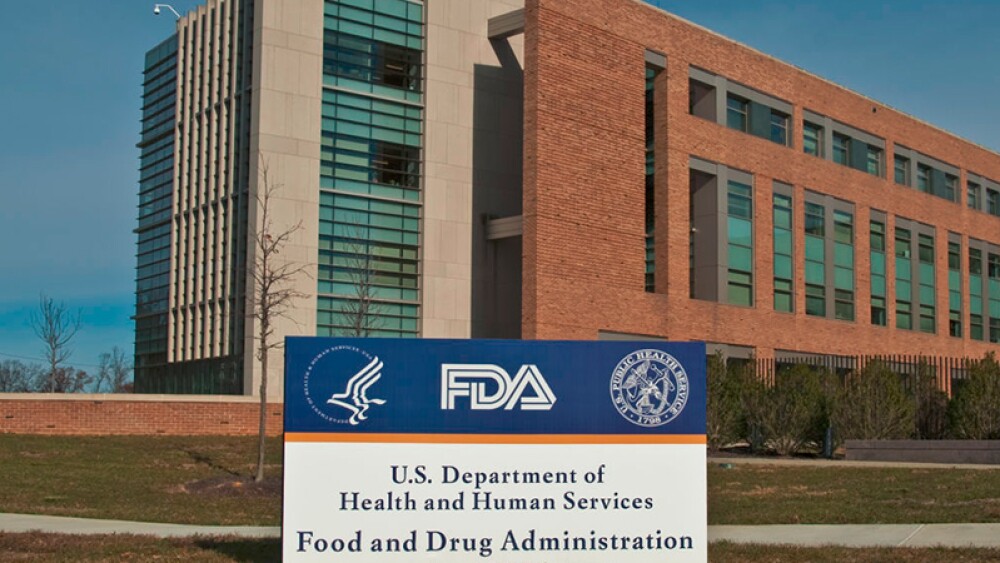November 28, 2016
By Alex Keown, BioSpace.com Breaking News Staff
WASHINGTON – Does the U.S. Food and Drug Administration bear some culpability in the most recent deaths associated with Juno Therapeutics CART-T trial? Some industry observers and analysts seem to think so.
On Nov. 23 Juno halted its Phase II clinical Rocket trial of JCAR015 on hold for the second time following the announcement that two patients died. Those deaths marked the fourth and fifth deaths associated with this trial. In July, the company announced three patients in the Rocket trial died. The trial was placed on hold by the FDA, but cleared a few days later under a revised protocol—the speed of which was something StatNews said “stunned the world of drug development.”
Juno believed that the first three deaths were associated with the use of the chemotherapy drug fludarabine. However, during a conference call on Wednesday, Juno officials said they were not sure what caused the latest deaths. All five patients suffered from cerebral edemas. The trial included adult patients with relapsed or refractory B cell acute lymphoblastic leukemia.
It was that quick turnaround by the FDA that leaves some questioning if the regulatory agency bears some responsibility. Maxim Jacobs, a health care analyst at Edison Investment Research, told StatNews that in light of the latest two deaths, “the FDA really dropped the ball.” In an interview with StatNews, Jacobs questioned what went into the FDA’s decision-making process to release the Rocket trial from hold earlier this summer. The FDA declined to comment on its reasoning, which is something Jacobs and others told StatNews is problematic—a lack of transparency.
Aaron Kesselheim, an associate professor of medicine at Harvard Medical School who studies regulatory law, told StatNews that the FDA is “overzealous” in the withholding of information.
Endpoints’ John Carroll was a little harsher in his criticism of the FDA. Not only did the agency allow Juno’s trial to restart, which lead to the latest deaths, but Carroll speculated there is a flaw to the FDA’s methods. In addition to the Juno problems, Carroll pointed to the recent approval of Sarepta Therapeutics ’s eteplirsen, which he said has a “deeply flawed experimental therapy that could also be dangerous for patient.”
“…it’s clear that the FDA has slipped the leash of common sense. The pendulum has swing (sic) from overcautious to over-eager to accommodate biopharma in 5 years,” Carroll wrote.
As a new administration prepares to take over Washington, Carroll warned that unless some changes are made, more problems could arise.
“It is a dangerous and disturbing situation. But instead of logically applying a more cautious approach where needed, it’s more than obvious that the sentiment of the new administration—and Congress—is to continue to speed development regardless of the circumstances. Let’s be clear, though, that these new drugs won’t be the “cures” that the general public may expect. They can sometimes also kill. And it won’t always be dead or slowly dying patients on the list,” Carroll said.





